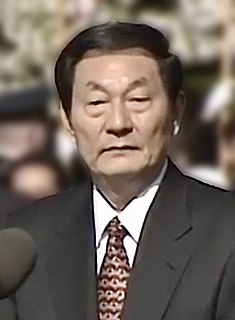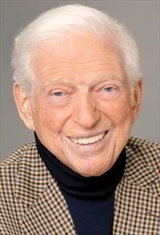A Quote by Allen C. Guelzo
I suppose I've been interested in Abraham Lincoln for almost as long as I can remember. My first Lincoln book was the Classics Illustrated comic book version of the life of Lincoln, and with that, I was hooked.
Related Quotes
Until the early 90s, when I was working on a project about the idea of free will in American philosophy. I knew that Lincoln had had something to say about "necessity" and "fatalism," and so I began writing him into the book. In fact, Lincoln took over. I wrote instead 'Abraham Lincoln: Redeemer President,' in 1999, and I've splitting rails with Mr. Lincoln ever since. If there's a twelve-step process for this somewhere, I haven't found it yet.
I don't know that there has ever been a time when Abraham Lincoln didn't stand head-and-shoulders above all other presidents in the historians' eye. But relatively speaking, there have been peaks and a troughs. One peak was in the 1910s-20s; a major trough was in the 1970s-80s. We are certainly on a peak again, something which began in 1994 with Michael Burlingame's 'The Inner World of Abraham Lincoln,' which showed in fabulous detail how many new and untapped sources were available on Lincoln.
Remember that Abraham Lincoln was a Whig far longer than he was a Republican. As a whole, the Whigs looked upon banks and corporations as a more efficient means of development; the Jacksonian Democrats thought they were the tools of the devil, but Whigs like Lincoln disagreed. During his presidency, Lincoln favored the re-construction of a national financial system, and his most important 'internal improvement' project was the Pacific railroad.
It is very hard to answer the oft-posed questions about how Abraham Lincoln would respond to some current condition. My favorite story on that count is that the late great Lincoln scholar Don Fehrebacher was asked, during the struggles over bussing for racial balance a few years ago, what Lincoln would say about "bussing" and he thought awhile and then answered : "what Lincoln would say would be: "What's a bus?"
There's been more written about Lincoln than movies made about him or television portraying him. He's kind of a stranger to our industry, to this medium. You have to go back to the 1930s to find a movie that's just about Abraham Lincoln. I just found that my fascination with Lincoln, which started as a child, got to the point where after reading so much about him I thought there was a chance to tell a segment of his life to to moviegoers.
I am asked often about Abraham Lincoln's mistakes and faults; he certainly made some mistakes. I have chapter in President Lincoln about the Powhatan affair that was a royal screw-up in the early days - right alongside the Sumter affair. Lincoln signed letters he should not signed, and the ship was sent to two places at one under two captains etc. Fortunately, no great harm. Lincoln took the blame and did not do anything like that again.




























